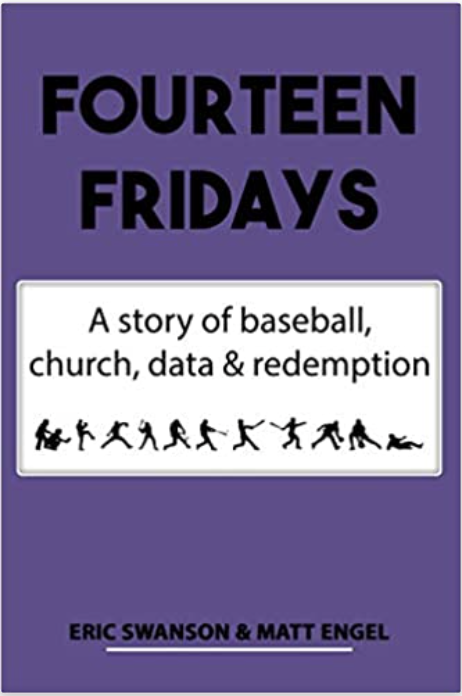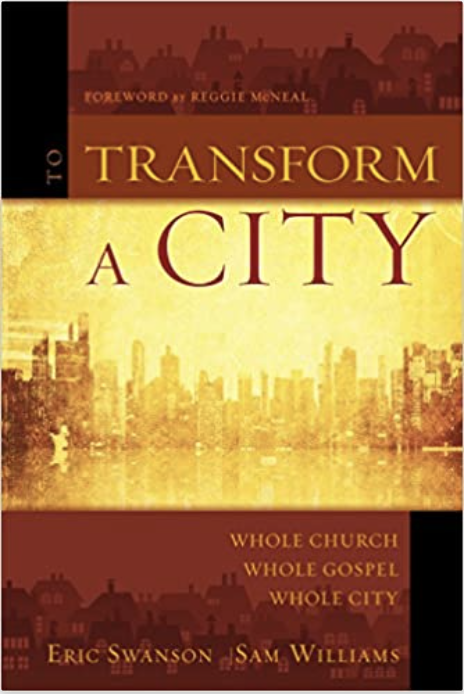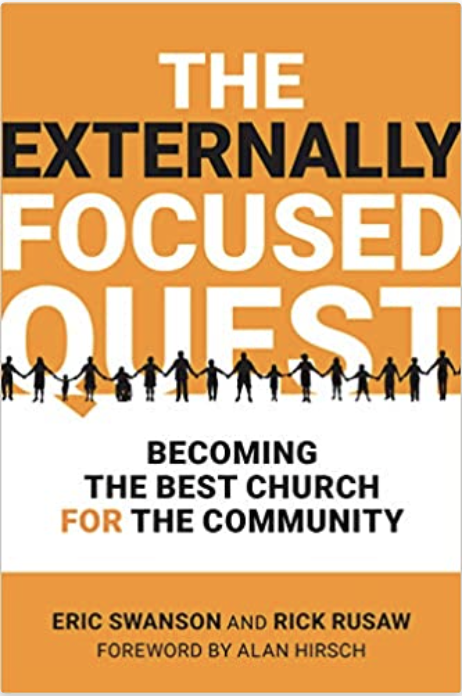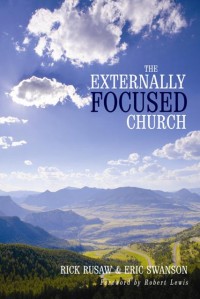Thinking about cities
 As of May, 2007 more people live in cities than live in rural areas and that trend is never going back. God begins his work in a garden but his work ends in a city. More and more Christian leaders find themselves thinking about…and writing about cities and their place in the city. Some call it “engagement, others call it “impact” or “transformation.”
As of May, 2007 more people live in cities than live in rural areas and that trend is never going back. God begins his work in a garden but his work ends in a city. More and more Christian leaders find themselves thinking about…and writing about cities and their place in the city. Some call it “engagement, others call it “impact” or “transformation.”
What is city transformation?
Working in cities, talking with city leaders, and reading what others have written I’ve stumbled across a couple dozen good definitions of city transformation. For simplicity, my good friend, Sam Williams, and I say “city transformation is the combination of good deeds and good news that results in spiritual and societal transformation.” Spiritual transformation occurs when an increasing number of people are loving God with all of their hearts, souls, mind and strength. Societal transformation occurs when an increasing number of people are loving their neighbors as themselves.
How does city transformation occur?
City transformation occurs when the whole church takes the whole gospel to the whole person in the whole city. Looking a bit closer what do we mean?
- The whole church—a city movement won’t include every church but it can’t exclude any church. As one pastor put it, “Every church in the city is involved in transformation. And some of their leaders come to our meetings.” Today churches find themselves free not to unify around a tight doctrinal statement but rather around a compelling purpose—usually to bless the city (Jeremiah 29:4-7), understanding that as churches “seek the welfare of the city…pray to the Lord for it…for as the city prospers you too will prosper.” (Parenthetically this is such a different paradigm from 30 years ago where the coalescing verse was Jeremiah 29:11—God’s promise to bless us…)
- The whole gospel—the good news coming through compassionate deeds and passionate proclamation. Yesterday I got a letter from Randy Chestnut. Randy wrote, “We are now planting ‘churches’ using an externally-focused process, putting the Mission as the first thing we do, not the last. One thing God has done is change my vocabulary. I now talk about planting the Gospel (through demonstration and proclamation), instead of planting churches. If the Gospel is planted and takes root in a community, “church” will happen.” Deeds verify the meaning of words but words are needed clarify the meaning of deeds (Romans 10:17)
- The whole person—body, soul, and spirit (1 Thessalonians 5:23). This is a new addition to my thinking. So we minister to the body by meeting physical needs; to the soul by meeting emotional and relational needs—beauty, the arts, music, education, etc. And we minister to the spirit by introducing people to Jesus and helping them grow in that relationship. I think this also creates an effective path to evangelistic conversations as we follow the conversation from the external to the internal to the eternal.
- The whole city—every sector…every domain. Every city in the world is divided into 3 sectors: Public Sector—government, Private Sector—business, and Social Sector—churches and nonprofits. Note to pastors: It is the Private Sector that determines the vibrancy of the Public Sector (through taxes) and the Social Sector (through charitable donations). Last April I spent a few hours with Loren Cunningham—founder of YWAM. He reiterated the story of how the Lord gave both him and Bill Bright (Cru) on the same day a vision of the seven domains—Government, Business, Religion, Family, Arts & Entertainment, Media, and Education. In times past pastors would try to extract the best talents out of the domains to help them build their churches. Today it seems that it is more about pastors equipping their people to be agents of transformation in every domain.
If you are interested in learning more you can also check out To Transform a City: Whole Church, Whole Gospel, Whole City by Eric Swanson and Sam Williams








